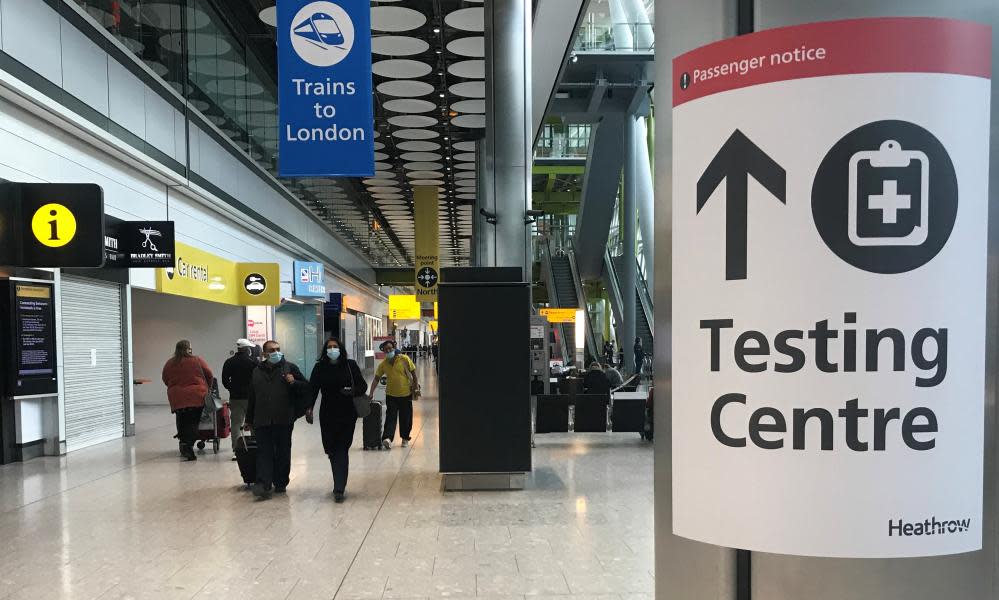Questions will be asked over timing of closing UK travel corridors

The announced closure of all international travel corridors to the UK marks the end of another week of changing policy, with the timing and implementation dismaying many.
Travel corridors will be axed in effect from Monday morning. The corridors, which exempted inbound travellers from the requirement to quarantine for 10 days, may make little practical difference to the airline and travel industry in the current context.
Schedules have been slashed and comparatively few people are likely to have travelled to or from the majority of the few dozen destinations remaining on the corridor list: some obscure, some no longer linked by flights to the UK, others barring British travellers. Holidays are banned; a few Caribbean destinations with longer-staying visitors are the most likely to have affected travellers, with the likes of Dubai already recently removed from the list.
The industry has said it accepts the overwhelming public health case for the move. The suspension of all corridors will coincide with the requirement for pre-departure testing for all arrivals – a policy that many airports and airlines had called for months ago, if globally coordinated, as an enabler of safer travel.
default
Both the UKinbound tourism body and Airlines UK, which represents UK carriers, have urged the government to make it clear the measure is temporary and, until it is lifted, to provide more financial support to a sector that is in effect in the deep freeze.
While the government will point to the emergence of new variants, questions will again be asked on the timing, coherence and implementation of the rules. Boris Johnson imposed a ban on flights from Brazil this week – almost three weeks after UK flights were barred by Brazil.
Enforcement of negative Covid tests for travellers arriving in England had to be delayed from 4am on Friday after the government only published the requirements late on Wednesday evening – a matter of hours before affected flights could have departed, leaving passengers perplexed and some paying hundreds of pounds for unnecessary paperwork.
Even now, the Business Travel Association is warning the government has yet to issue detailed information on where those travelling for work can get acceptable tests. Essential workers – medical researchers, energy suppliers and humanitarians – must, it suggests, be able to travel with confidence in procedures and in the knowledge they can return home.
There is a sense of deja vu after the similarly botched introduction of the “test to release” scheme – which still allows people arriving in the UK to apply to exit quarantine early after five days with a further negative Covid test. That scheme also had a lengthy period between announcement and implementation – and then arrived with a list of suppliers that could not deliver, to the cost and frustration of many who ended up out of pocket and in isolation.
The bigger question may yet prove to be why public health measures at the borders first promised by ministers a fortnight ago have taken two weeks to introduce, should new variants from abroad be discovered in the UK.
The transport secretary, Grant Shapps, joked on Friday he was the last person to give advice on whether people should book travel – a reference, no doubt, to the travel corridor to Spain he axed while on holiday there last year. Unfortunately, no one is better placed to answer than Shapps.


